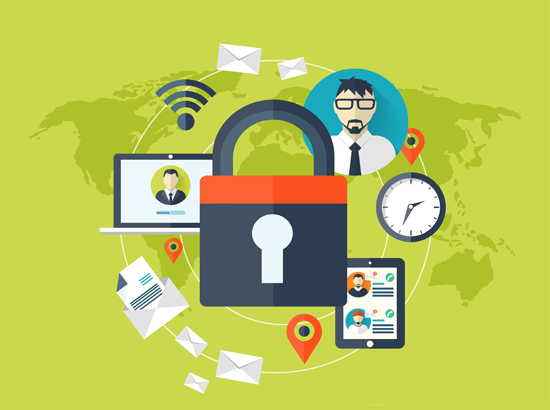Is Your Social Media Helping or Hurting Your Employer?

Social media is a great way to connect with friends and coworkers. It's also a platform on which you can help your employer by promoting your company. But on the other hand, what you innocently (or not so innocently) communicate online can hurt your employer and even cost you your job.
When Shea Allen, a Huntsville, AL reporter, published a post titled "No Apologies: Confessions of a Red Headed Reporter" on her personal blog, she didn't think much about it - even though in the post, she admitted to stealing mail and napping in the news van on the job. Understandably, that didn't reflect well on her or her employer, and she was fired soon after.
Allen's story, which made the news as one of the top employee social media fails of 2013, might seem like premeditated career suicide. But in reality, these gaffes are more common than you might think. Below are some tips to help you avoid hurting yourself and your employer with your social media posts. Follow them, and you could even help boost your employer's reputation - and your own career.
1. Update your security settings
It's easy to forget who you've friended on social media, especially if that number is in the hundreds. Is your boss on your "friends" list? If so, you might want to keep a low profile, place your coworkers on a "restricted profile view" list, or rethink friending your boss and coworkers altogether. Also, remember that if your security settings allow friends of friends or "the public" to view your posts and comments, your communications will be visible to your boss - whether you are Facebook friends or not.

2. Watch what you say online
The old adage "If you can't say something nice, don't say anything at all" applies here. Go ahead and add your co-workers and boss to your social media circles, but be prepared to practice self-restraint. Negative work-related social media posts can quickly get you into hot water with your boss - but you can also potentially get in trouble for offensive posts, excessive drug- and alcohol-related posts, and more. When it involves social media, the best rule of thumb is to never post anything online that you wouldn't want the entire world to see.
3. Protect your employer's interests
If you post negative or insider information on social media that's related to your workplace, you can be held accountable in a big way for the effects of your posts. According to The Employer Handbook, "employers can sue employees for social networking." For example, you could face legal consequences if your posts "place your employer at a competitive disadvantage." Stay safe by avoiding posting specifics about your job altogether.
4. Job hunting? Play your cards close to your chest

We all have friends on social media who love to jump the gun when it comes to work-related changes. But online comments about job interviews, pending promotions or the possibility of being hired won't score you any points with present or future employers. Keep career-building activities under wraps until you officially receive a promotion or accept a new offer and have given your current employer fair notice that you're leaving.
5. Become a company cheerleader
A simple way to keep your social media accounts employer-friendly? Periodically post good things about your boss, your company and your job. Overdoing it will come off as insincere, but just posting a positive work-related anecdote on Facebook or writing a pro-employer article on your personal blog could raise brand awareness for your company and help your employer attract new business. You might even earn kudos for being such a proactive member of the team.
The bottom line? You can use social media to help or hurt both your employer and your standing within the company. Be cautious, because if you hurt your employer, you might be hurting yourself as well.
Abby Perkins is Editor in Chief at Software Providers, where she writes about jobs, workplace culture, and HR technology.
Subscribe to Our Newsletter!
Latest in Social Media










